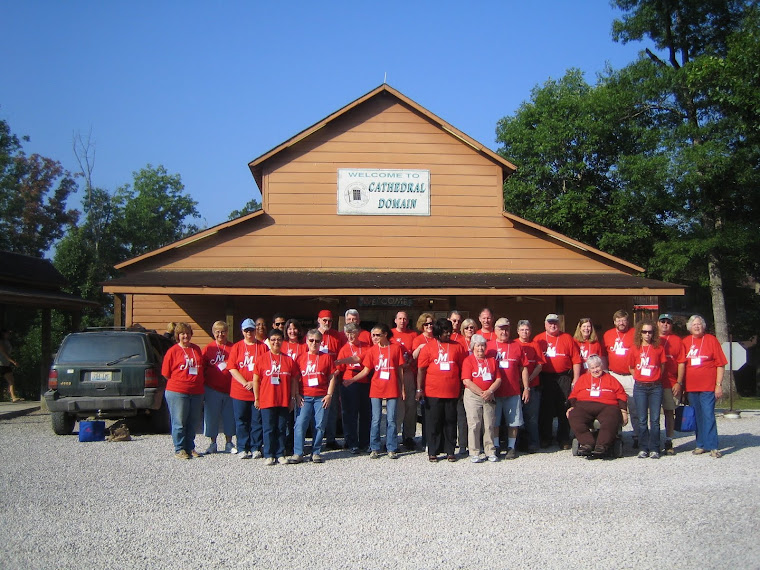Alinsky, Saul D., Reveille for Radicals, New York
Alinsky provides a compelling argument for grassroots democracy – community organizing- as foundational for a strong middle class. Key to Alinsky’s theory of change is that it does not happen until you enter into and expose conflict. While suspicious and even outright mistrustful of business, government and institutions throughout, Alinsky never-the-less believes the Church has a key role to play as a catalyst for bringing communities together for social political and economic action.
Block, Peter. Community: The Structure of Belonging. San Francisco
Publishers, 2009.
Block seeks a future that expresses the shared vision of the many and varied
hopes of the people whom comprise our communities. It is a future of possibilities and relatedness. The very process of invitation and the nature of the questions asked are essential to the outcome.
Green, Gary P. and Haines, Anna. Asset Building
Angeles: Sage Publications, 2008
Along with its insightful questions, exercises and extensive bibliography of resources at the end of each chapter, Green and Haines provide a healthy introduction and discussion around community development. Most importantly they introduce and explore seven asset categories of influence on healthy community development – Physical, Human, Social, Financial, Environmental, Political, and Cultural.
Green, Mike. When People Care Enough to Act: ABCD in Action. Toronto
Press, 2009.
Once he has helped his readers recognize their capacity to act, Mike Green’s emphasis on community development is to get to the core issues people in our communities care about as the locust for action that leads to desired change.
Friedman, Edwin H. A Failure of Nerve: Leadership in the Age of the Quick Fix. The
Edwin Friedman Trust, New York
As a posthumous rendering of Friedman’s last work in progress, Failure of Nerve is a critical rethinking of the very foundations of how leadership is practiced in today’s culture of quick fixes. In particular this work contributes to the leadership aspect of community development by valuing the importance of a leader’s ontological presence, which is best expressed through a healthy capacity for self-differentiation and acceptance of personal responsibility, rather than for their capacity to provide solutions or empathize to the point of indecisiveness. His critique of leadership demands hierarchical courage and vision in a time of hierarchical failure due to chronic and pervasive cultural anxiety – he is stepping into the realm of the counterintuitive, countercultural, where criticism is an indicator of success and living with crises is a way of life, rather than circumstances to be avoided.
Kretzmann, John F, and John E. Mc Knight. Building Communities from the Inside Out:
A Path Toward Finding and Mobilizing a Community’s Assets. Skokie , IL
Affectionately known as “The Green Book,” Kretzmann and McKnight (the founders of our domestic conversation around asset based community development) provide a comprehensive approach to community development that builds on the available capacity of local individuals, associations and organizations, institutions, and community assets. As organizations, churches can play a key relational role in the building of partnerships that can be mobilized for bringing about change in the communities where they are located.
Mc Knight, John and Peter Block. The Abundant Community: Awakening the Power of Families and Neighborhoods. San Francisco: Berrett-Koehler Publishers, 2010.
Perkins, John, ed. Restoring At-Risk Communities: Doing it Together, Doing it Right.
Perkins introduces Christian Community Development as relational ministry. The community development practitioner will learn from him the importance of relocation (move into the neighborhood where you are going to minister), reconciliation (teaching people to love God and love neighbor through our own actions across boundaries of cultural separation) and redistribution (participate in the local economy through the offering of our personal time, treasure and talents) as essentials for healthy, sustainable community re-development. Without choosing to leverage the distinctions between needs based development and asset based development, Perkins focuses instead on the importance of relationships for development and builds the basis for that understanding on a sound biblical foundation.
Sider, Ronald J., John M. Perkins, Wayne L. Gordon and F. Albert Tizon. Linking Arms,
Linking Lives: How Urban-Suburban Partnerships Can Transform Communities.
This book is written in response to an observed expansion of centers of poverty from urban communities to the suburbs. Along with that shift is a growing awareness of the struggles of a growing underclass and the relational importance of partnerships between faith communities to hone their listening skills as they work together to respond to those struggles. The authors speak with one voice while bringing their varied cultural contexts into that conversation, including their language of faith.
Snow, Luther, K. The Power of Asset Mapping: How Your Congregation Can Act on its
Gifts. Herndon , VA
Snow brings the conversation of asset based community development directly into the congregational context. Much like appreciative inquiry, Snow focuses on helping congregations identify their assets (the “what,” “how,” and “why” to map) so they can begin to see the possibilities for ministry that lay before them as means for their own renewal.
Wilson, David Sloan. The Neighborhood Project: Using Evolution to Improve My City.
One Block at a Time. New York
David Sloan Wilson seeks to apply his skills as an evolutionary scientist for the purpose of improving the human condition in Binghamton , NY Darwin


